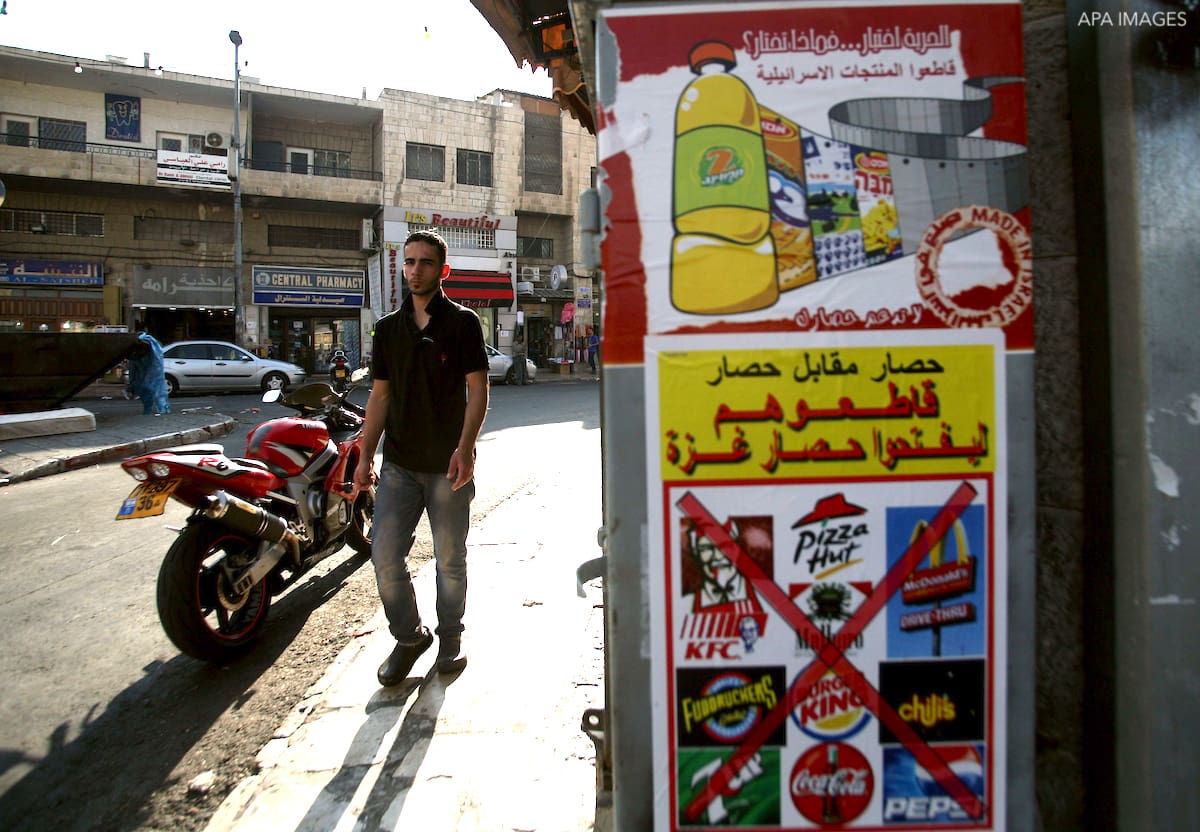
Hundreds of Palestinian, regional, and international organizations have called on the previous and current UN High Commissioner for Human Rights to release the UN database of companies engaged in activities with Israel’s illegal settlements. Though the 2016 Human Rights Council resolution called for the release of the database during the 34th Human Rights Council session in March 2017, the then High Commissioner, Zeid Ra’ad Al-Hussein, failed to do so – and the current High Commissioner, Michelle Bachelet, continues to shirk this responsibility, despite repeated pledges that it will be fulfilled.1
The database, when released, would serve as an important tool to deter business involvement in human rights abuses, grave breaches of international humanitarian law, and internationally recognized crimes, while allowing for increased transparency of businesses profiting from and contributing to Israel’s illegal settlement enterprise.
The UN has recently prioritized the protection of human rights and international legal standards within the context of business activities – just not in regard to Palestine. For instance, in August 2019, the report of the UN Independent International Fact-Finding Mission on Myanmar listed several companies, including foreign companies, linked to Myanmar’s military and ongoing human rights violations. The report stemmed from the UN Guiding Principles on Business and Human Rights and their “Protect, Respect, and Remedy” framework. The UN database of businesses involved with Israeli settlements, which would be updated annually, would help to enforce these UN guidelines in the context of the Israeli occupation.
Palestine: Always the Exception
Political pressure from states, notably Israel and the United States, as well as lobby groups, has likely been the cause for the database’s delay. Some states and actors have pushed back. Twenty-seven UN member states, for example, reiterated during the July 2019 Council session that the High Commissioner and her office must “operate and execute their mandates in an independent manner and without interference.” During the same session, 65 member states requested that the High Commissioner urgently fulfill the database mandate in its entirety.
At the September 2019 Council session, South Africa requested an explanation for the failure of the database’s release, concluding that “it cannot be that the powerful and monied continue to abuse the human rights of Palestinians in the name of profit.” Most recently, in October 2019 Special Rapporteur on the Situation of Human Rights in the Palestinian Territory Occupied since 1967, Michael Lynk, called on the High Commissioner to release the database “in a fully transparent fashion, with all businesses named.”
The UN has recently prioritized the protection of human rights and international legal standards within the context of business activities – just not in regard to Palestine Share on XMeanwhile, parliamentarians, including from Belgium, Chile, the Netherlands, Sweden, and the UK, have called for the database’s release in communications with the High Commissioner and their governments.
If the UN Human Rights Council succumbs to political pressure regarding this mandate, it would likely be a first. Such a failure would imply that human rights are indeed politicized and financialized, and that state and corporate interests override human rights. The decision whether to fulfill the database mandate is an important test for the UN’s supposed universal implementation and enforcement of the international legal framework and human rights standards, while testing the credibility of the Office of the High Commissioner and its bodies.
Policy Recommendations
- The international community, particularly UN member states, must actively seek the fulfillment of the database mandate by further encouraging the High Commissioner and her office to release and update it.
- Relevant Palestinian political bodies and diplomatic representatives around the world should further prioritize the database and its release. If the database is not released by March 2020, the Palestinian Mission to the UN should, during the upcoming 43rd Human Rights Council session, add an operative clause reaffirming the mandate to publicly release the list of companies and annually update the database.
- Palestinian and international civil society should consider a grassroots campaign, targeted to the March date, that reaffirms the importance of the database and its release.
For more on the UN database, please see Al-Shabaka Policy Analyst Valentina Azarova’s May 2018 commentary here.
- To read this piece in French, please click here. Al-Shabaka is grateful for the efforts by human rights advocates to translate its pieces, but is not responsible for any change in meaning.









